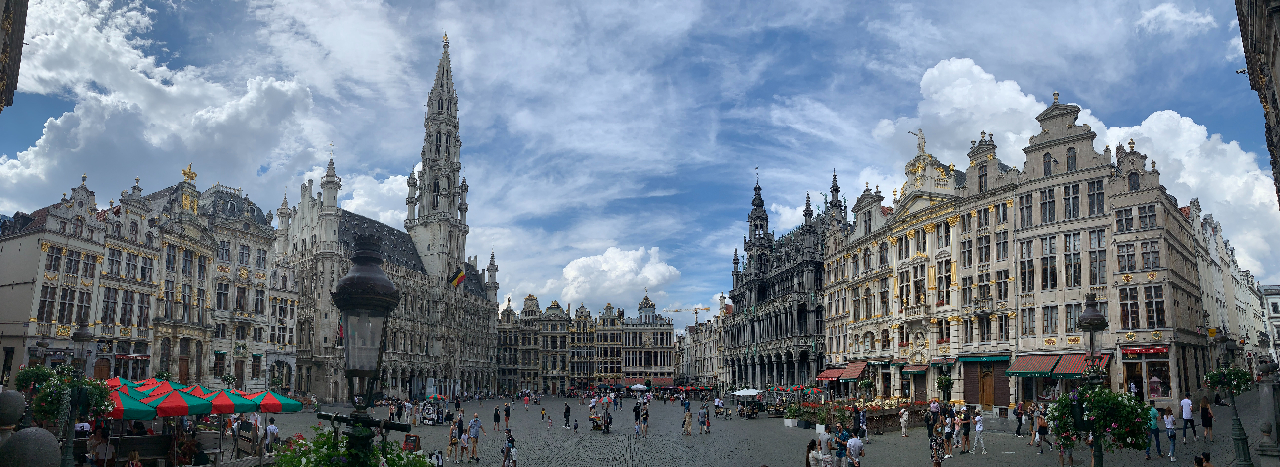Er is geen video geplaaatst
Shortly before the year 1000 there was a settlement near the swamp. That 'Broek-Zele' became a small harbour at the Zenne. Brussels was born ...
At the beginning of the 13th century, Brussels had its first stone city wall. In the following centuries, it received more and more attention from the lords and grew with the revival of trade and industry. Under Charles V, Brussels, Princelijcke Hoofstadt van 't Nederlandt, reached perhaps its greatest prosperity. From the Koudenberg Palace he ruled his world empire.
Afterwards we witnessed a Brussels Republic (1576 - 1585) in which the city escaped the authority of the Spanish king. It was the time when William of Orange triumphantly entered the city and the Calvinists took over.
This gave the city several rulers: from the Spaniards to the Dutch, but then also Austria and France.
Although cultural and historical Brussels belongs to Flanders, in the nineteenth and early twentieth centuries the city was strongly Frenchified and French is the dominant language there. Due to the complex Belgian situation, the city is politically outside the Flemish Region, but it is the capital of Flanders.
When Brussels became the capital of independent Belgium, a thorough renovation was carried out with new ministries, office buildings, schools, palaces and army barracks, ... As a result, the historic city centre was reduced to the Grand Place and a few streets around it.
With the establishment of European and international institutions, English is also increasingly spoken. As a result, the city is known under several names: Brussels in Dutch, Brüssel in German, Bruxelles in French and Brussels in English. French-speaking Belgians do not pronounce Bruxelles as it is written, but they say brussèl. French-speaking Belgians pronounce it as brussèl.
A real Brussels native (nen Brusseleir) speaks neither French nor Dutch but Brussels. This is Dutch interspersed with many French words and expressions and a greasy r.
